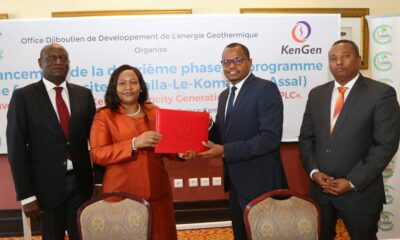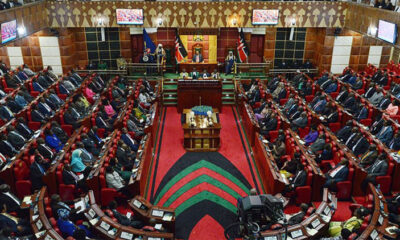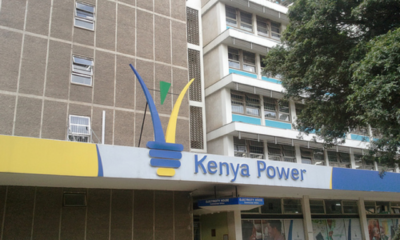

In November 2021, Kenya’s electricity demand hit an all time high of 2036 MW, the highest ever recorded in history from a record low 1,661MW in...


KenGen is a state parastatal that is full of nepotism and tribalism. Many a time, those that have submitted their request for employment narrate how they’ve...


Electricity generating company KenGen has defended its stock of idle assets which were highlighted in an audit of its books for the year ended June by...


The state appears to be uncomfortable with parastatals engaging international consultancy firms in matters auditing and realignments. Parliament has directed Auditor-General Nancy Gathungu to order all...


Kenya Electricity Generating Company PLC (KenGen) posted a 7 percent growth in Profit Before Tax after recording a Ksh.14.76 billion profit up from Shs 13.79 billion...


DCI sleuths have officially started investigations into an alleged postpaid billing fraud at Kenya Power. On 27th of June, DCI had summoned 200 Kenya Power staff...